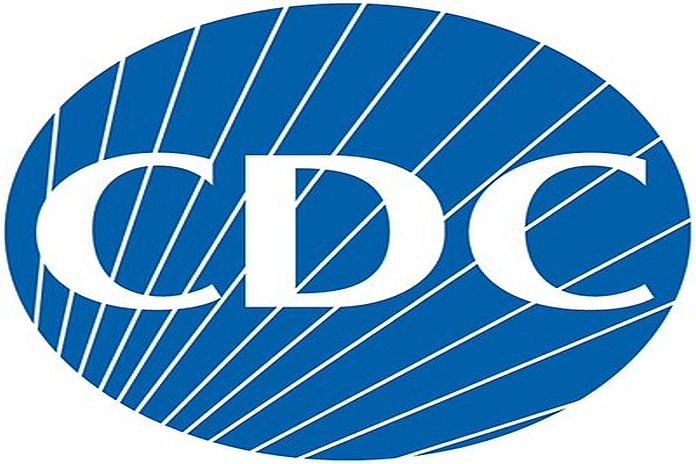ATLANTA, USA – The Centers for Disease Control and Prevention (CDC) plans to provide $300 million to jurisdictions for community health worker (CHW) services to support coronavirus disease 2019 (COVID-19) prevention and control, and an additional $32 million for training, technical assistance, and evaluation. CHWs are frontline public health workers who have a trusted relationship with the community and are able to facilitate access to a variety of services and resources for community members.
By scaling up and sustaining a nationwide program of CHWs who support populations at high risk and communities hit hardest by COVID-19, funding from the Coronavirus Aid, Relief, and Economic Security (CARES) Act will provide critical support to states, localities, territories, tribes, tribal organizations, urban Indian health organizations, or health service providers for tribes. CDC expects to award funds to approximately 75 organizations through “Community Health Workers for COVID Response and Resilient Communities.” Applications will be accepted through May 24, 2021.
“These resources will strengthen the incredible work of our nation’s community health workers in areas disproportionately affected by COVID-19,” said CDC director Rochelle P. Walensky, MD, MPH. “Community health workers are trusted messengers within communities, and instrumental in connecting high-risk and vulnerable individuals to care and needed services, and addressing local public health challenges.”
Notices of awards will be issued in the summer, with the amount each jurisdiction receives determined by population size, poverty rates and COVID-19 statistics.
The funding is intended for recipients to address:
- Disparities in access to COVID-19 related services, such as testing, contact tracing, and immunization.
- Factors that increase risk of severe COVID-19 illness, such as chronic diseases, smoking, and pregnancy.
- Community needs that have been exacerbated by COVID-19, such as health and mental health care access and food insecurity.
“Public health crises, such as COVID-19, worsen existing health inequities,” said Karen Hacker, MD, MPH, director of CDC’s National Center for Chronic Disease Prevention and Health Promotion. “This funding opportunity supports the critical role of community health workers and is an important step toward health equity.”
CDC strives to promote health equity through its National Center for Chronic Disease Prevention and Health Promotion (NCCDPHP), which seeks to eliminate health disparities and achieve optimal health for all Americans. In addition, to stop the spread of the COVID-19 virus and move toward greater health equity, CDC continues to work with populations at higher risk, underserved, and disproportionately affected to ensure resources are available to maintain and manage physical and mental health, including easy access to information, affordable testing, and medical and mental health care.
For more information and community resources visit.





